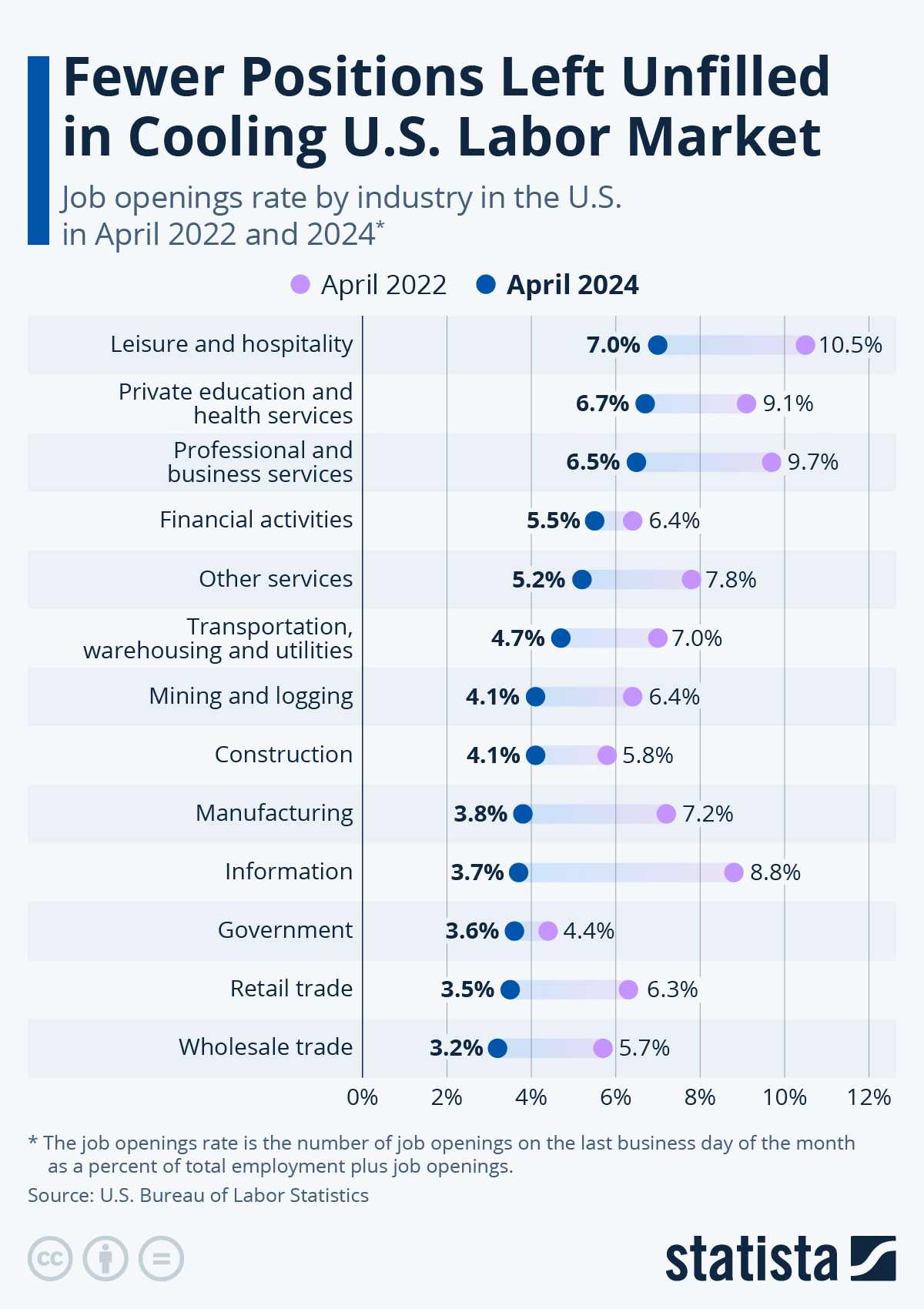- July 17th, 2025
- Jackson Parker
Q2 2025 Feature Enhancements
We are excited to announce the recent quarterly release of several new features for FieldLogix. A majority of our enhancements are focused on improving driver safety behaviors and fleet vehicle ownership details. Our enhancements are sourced from fleet leaders of the largest US field service & construction fleets. These new capabilities include: – A driver-facing […]























